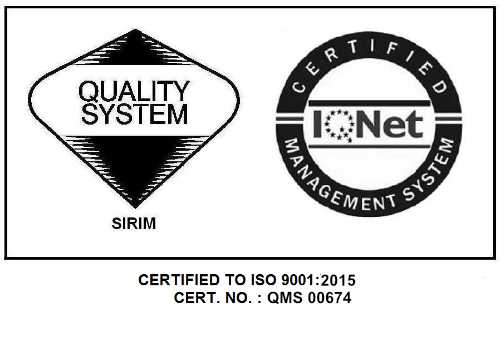
In the intricate construction world, project management and scheduling are the beating heart that keeps projects on track, on time, and on budget. The integration of Artificial Intelligence (AI) into project management tools has ushered in a transformative era where precision, efficiency, and predictive capabilities reign supreme.
Traditionally, project management in construction involved complex spreadsheets, endless communication threads, and manual data entry. AI-powered project management tools have disrupted this norm by offering streamlined and centralised platforms. These platforms enable seamless collaboration, data sharing, and real-time updates for all stakeholders, regardless of location. They eliminate communication bottlenecks and provide a cohesive space for project teams to work harmoniously.
AI’s predictive prowess extends to project scheduling and resource allocation. By analysing historical project data, AI algorithms can forecast potential bottlenecks, delays, or resource shortages. They can anticipate project risks and suggest adjustments to schedules or allocate resources more efficiently. This predictive capability empowers project managers to make informed decisions, optimise schedules, and proactively address challenges, resulting in smoother project execution.
Quick Global Examples
Procore: Procore, a construction management software, uses AI to optimise project schedules. Procore helps project managers predict potential delays and resource conflicts by analysing historical project data and using machine learning. The software’s usefulness is further increased by its integration with other construction technologies and BIM tools.
Oracle Primavera: Oracle’s Primavera P6, enhanced with AI capabilities, provides predictive scheduling and resource optimisation. It analyses data to identify critical paths, potential delays, and resource constraints. This versatile tool is designed to manage multiple projects simultaneously, with the capacity to store up to 100,000 activities and a limitless number of resources and target plans.
Skanska: Skanska is actively pursuing solutions to enhance the efficiency of heavy equipment, including multi-ton excavators, loaders, and hauliers. Their efforts involve exploring cutting-edge techniques such as machine learning, route optimisation, and artificial intelligence.
In the upcoming part, HEIGHTS will unveil AI’s Impact on Quality Control, Inspection, and Compliance in Construction.
Article 1: Introduction to AI in Construction: Transforming the Building Industry
Article 2: AI Revolutionises Architecture: Smarter Site Selection and Sustainable Designs
Article 3: Enhancing Construction Safety with Artificial Intelligence: A Proactive Approach
Article 5: Enhancing Construction Quality Control with AI: Precision, Efficiency and Compliance














